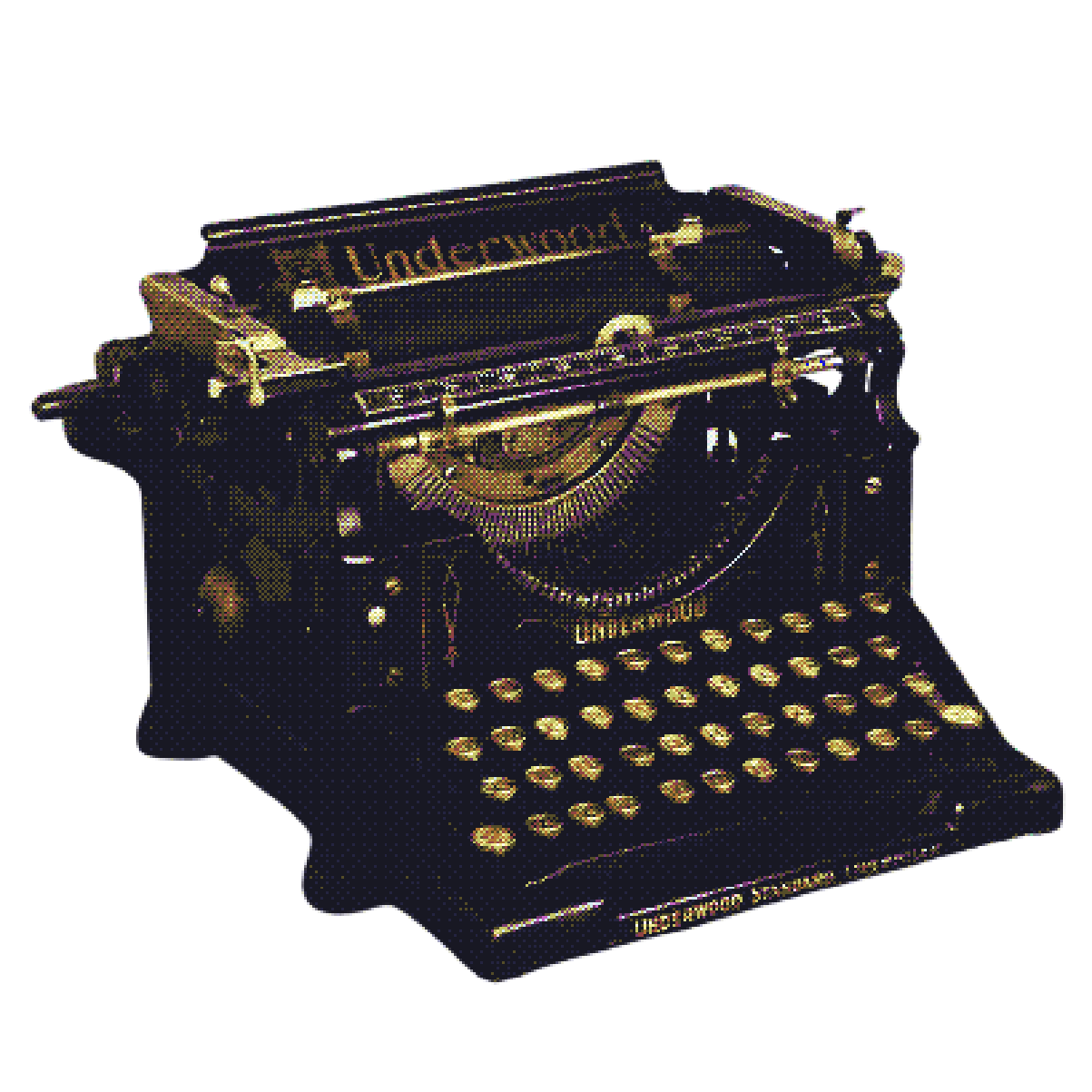

The absence of icons in Islam has not merely a negative but a positive role. By excluding all anthropomorphic images, at least within the religious realm, Islamic art aids man to be entirely himself. Instead of projecting his soul outside himself, he can remain in his ontological centre where he is both the viceregent (khalîfa) and slave ('abd) of God. Islamic art as a whole aims at creating an ambience which helps man to realize his primordial dignity; it therefore avoids everything that could be an 'idol', even in a relative and provisional manner. Nothing must stand between man and the invisible presence of God. Thus Islamic art creates a void; it eliminates in fact all the turmoil and passionate suggestions of the world, and in their stead creates an order that expresses equilibrium, serenity and peace.
You're not Dostoevsky,' said the citizeness, who was getting muddled by Koroviev. Well, who knows, who knows,' he replied.
'Dostoevsky's dead,' said the citizeness, but somehow not very confidently.
'I protest!' Behemoth exclaimed hotly. 'Dostoevsky is immortal!
Beauty is truth, truth beauty,—that is all
Ye know on earth, and all ye need to know.
And so, if a man has sensibility and a deeper insight into the workings of the Universe, scarcely anything, though it exist only as a secondary consequence to something else, but will seem to him to form in its own peculiar way a pleasing adjunct to the whole. And he will look on the actual gaping jaws of wild beasts with no less pleasure than the representations of them by painters and sculptors; and he will be able to see in the aged of either sex a mature prime and comely ripeness, and gaze with chaste eyes upon the alluring loveliness of the young. And many such things there are which do not appeal to everyone, but will come home to him alone who is genuinely intimate with Nature and her works.
if love is a hole wide enough
to be God’s mouth, let me plunge
into that holy dark & forget
the color of light.
I see the sun, and if I don't see the sun, I know it's there. And there's a whole life in that, in knowing that the sun is there.
Get scared. It will do you good. Smoke a bit, stare blankly at some ceilings, beat your head against some walls, refuse to see some people, paint and write. Get scared some more. Allow your little mind to do nothing but function. Stay inside, go out - I don’t care what you’ll do; but stay scared as hell. You will never be able to experience everything. So, please, do poetical justice to your soul and simply experience yourself.
Away! Away! The spell of arms and voices: the white arms of roads, their promise of close embraces and the black arms of tall ships that stand against the moon, their tale of distant nations. They are held out to say: We are alone. Come. And the voices say with them: We are your kinsmen. And the air is thick with their company as they call to me, their kinsman, making ready to go, shaking the wings of their exultant and terrible youth... Welcome, O life! I go to encounter for the millionth time the reality of experience and to forge in the smithy of my soul the uncreated conscience of my race.
I don’t think anybody ever knows what another person means when they speak, frankly. It’s more than translation, it’s just throwing yourself into the dark. Language is so very, very personal, private. Weird. I guess you could think of it as translation, that seems like a kind of euphemistic metaphor. It’s probably a lot more hopeless than that. But the effort of speaking as a human is the effort to get past that hopelessness with every sentence.